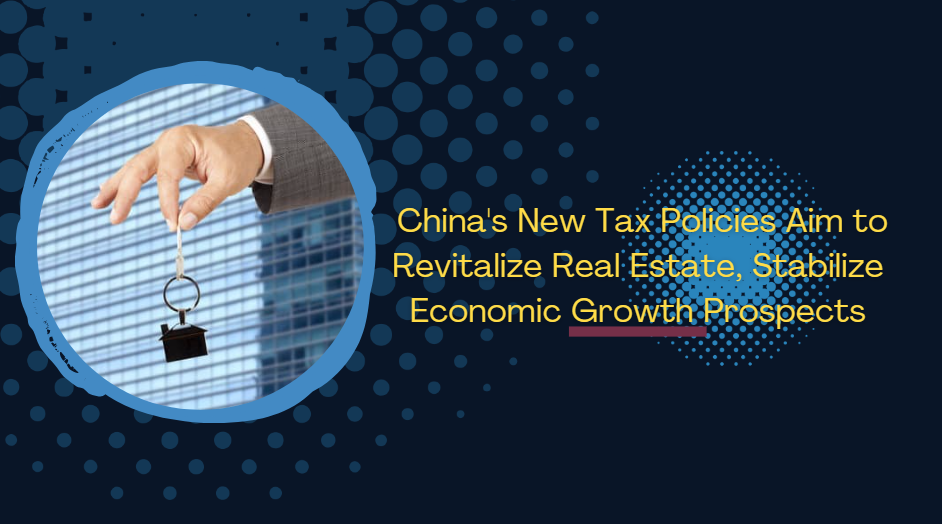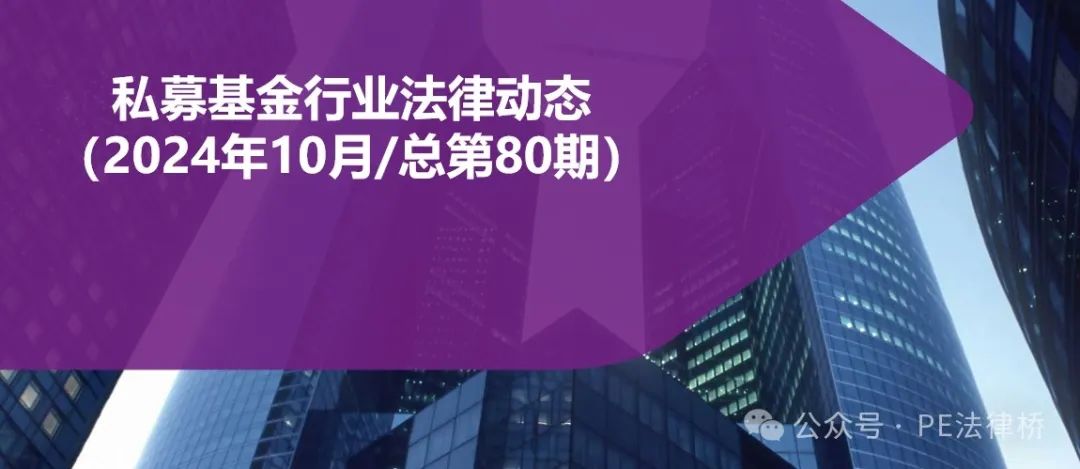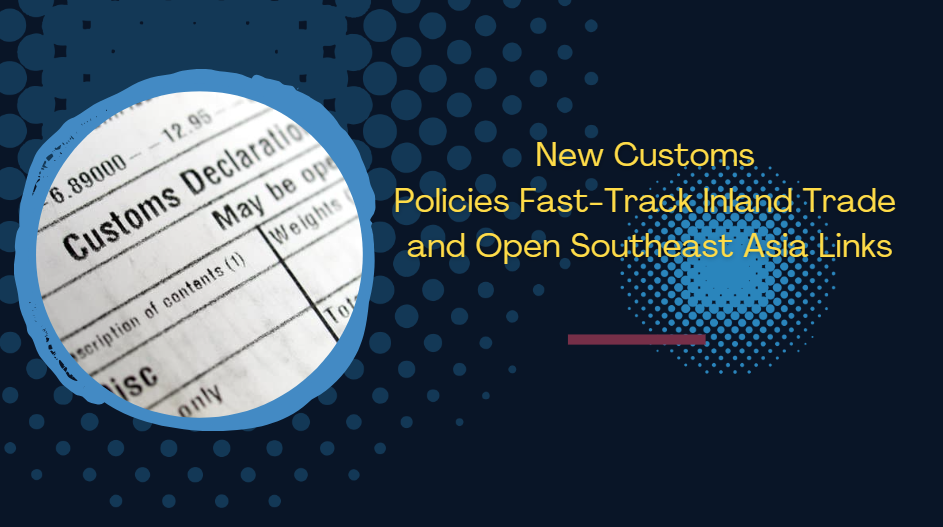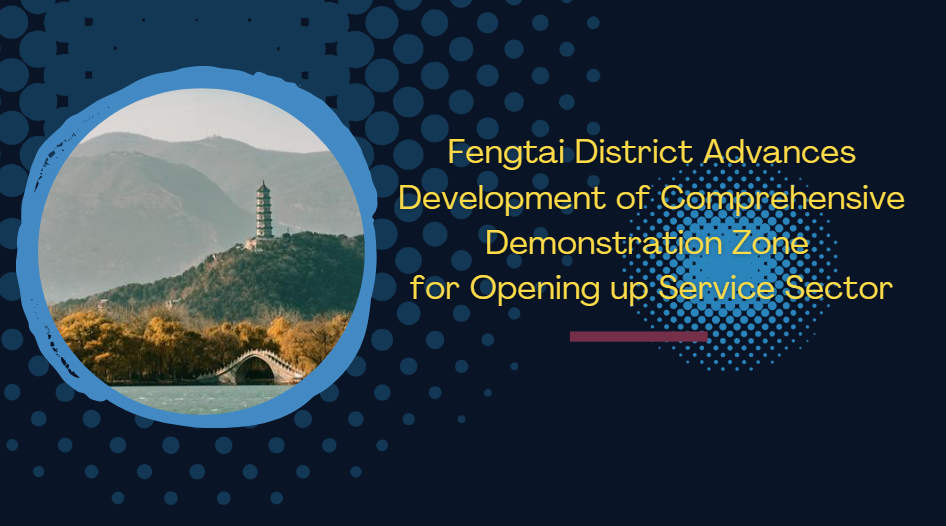Pioneering Inclusive Finance in China: Innovations, Challenges, and the Road Ahead
Inclusive finance has emerged as a cornerstone of China's economic development strategy, empowering rural areas, small businesses, and underserved populations through tailored financial solutions. A mosaic of innovative pilots and policy reforms across China reflects the nation's determination to foster a high-quality, inclusive financial ecosystem. This commitment was showcased at the recent China Inclusive Finance International Forum at Renmin University of China, where industry leaders examined both the progress and obstacles facing inclusive finance in the digital age.
////
Regional Innovations in Inclusive Finance
ONE

Regions across China have implemented targeted strategies to advance inclusive finance. For example, Lankao County in Henan Province, China's first national inclusive finance reform zone, has pioneered a "one platform, four systems" model to improve rural credit access. In Ganzhou and Ji’an in Jiangxi Province, policies bring "financial lifeblood" to rural farmers and small enterprises, advancing inclusive finance in former revolutionary base areas.
The economically vibrant Ningbo in Zhejiang Province, with a high concentration of SMEs, emphasizes digital inclusive finance to expand access for underserved sectors. Likewise, Chengdu in Sichuan leverages fintech to build a resilient and competitive rural finance system. In Ningde and Longyan in Fujian Province, efforts focus on poverty alleviation and rural revitalization through financial reforms.
////
The Role of Digital Technology in Expanding Financial Reachs
TWO

According to Liu Guiping, President of China Construction Bank, digital technology has fundamentally reshaped inclusive finance. Technologies like big data, AI, and blockchain have extended the reach, improved risk control, and enriched the service models of inclusive finance. At the end of June, China Construction Bank's inclusive finance loans reached over 900 billion yuan, a significant increase fueled by digital innovations.
Despite these advances, Liu emphasized that digital technology alone cannot solve all challenges. Collaboration among the government, banks, and market participants remains essential to unlock sustainable growth. Liu advocates for a holistic approach that includes enhancing data integration, optimizing external regulatory frameworks, and strengthening risk management to support the resilience and quality of inclusive finance services.
////
Policy and Market Synergies for Long-term Development
THREE
The recently published 2024 Report on China's Inclusive Finance Development by CAFI underscores the importance of aligning government guidance with market dynamism. The report suggests that the government should continue developing foundational infrastructures, such as credit information sharing and financing guarantee systems, while empowering the market to foster innovation.
As China's inclusive finance landscape matures, there is a noticeable shift towards comprehensive service models that go beyond traditional lending to include insurance, wealth management, and digital financial literacy. Former PBoC Vice President Li Dongrong emphasized that this evolution aligns with the growing demand for high-quality, integrated financial services.
////
Green Finance and Inclusive Finance:
A Sustainable Future
FOUR
An emerging trend is the integration of green finance principles into inclusive finance, especially for SMEs. Wang Xin, Director of the Research Bureau at the PBoC, highlighted the increasing importance of environmental disclosures by SMEs. China's early experiments in mandating such disclosures reflect an alignment with global green finance standards, offering insights into sustainable finance models that balance environmental and financial goals.
////
Future Directions: Building a Comprehensive Ecosystem
FIVE
The Forum concluded with discussions on enhancing the systemic, high-quality development of inclusive finance. Insights from both financial institutions and fintech companies underscored the importance of an inclusive ecosystem that integrates digital tools, policy support, and financial standards. Platforms like CAFI's Inclusive Finance Evaluation System aim to transform pilot experiences into industry benchmarks, offering models that could be replicated across other regions.
As China continues its journey toward inclusive finance, the combination of digital advancements, regional reforms, and policy support is creating an ecosystem where financial empowerment becomes accessible to all.






















































First, please LoginComment After ~